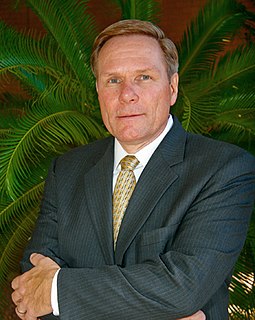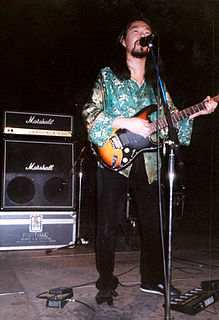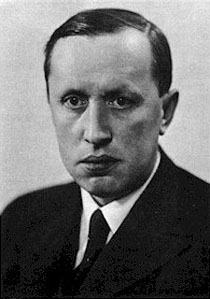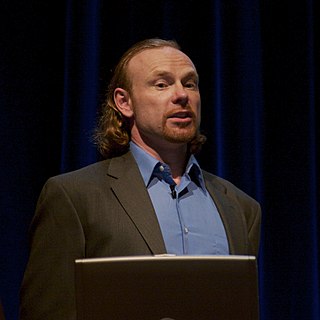A Quote by Erik Brynjolfsson
But the broader lesson of the first Industrial Revolution is more like the Indy 500 than John Henry: economic progress comes from constant innovation in which people race with machines. Human and machine collaborate together in a race to produce more, to capture markets, and to beat other teams of humans and machines.
Related Quotes
Although humans today remain more capable than machines for many tasks, by 2030 machine capabilities will have increased to the point that humans will have become the weakest component in a wide array of systems and processes. Humans and machines will need to become far more closely coupled, through improved human-machine interfaces and by direct augmentation of human performance
All experiments that are related to the games when you have humans versus machines in the games - whether it's chess or "Go" or any other game - machines will prevail not because they can solve the game. Chess is mathematically unsolvable. But at the end of the day, the machine doesn't have to solve the game. The machine has to win the game. And to win the game, it just has to make fewer mistakes than humans. Which is not that difficult since humans are humans and vulnerable, and we don't have the same steady hand as the computer.
We are too much in the machine world today. Even here in Tuva we've got every year more and more cars and other technologies, and of course it brings more pollution to our air, to nature. And I think the idea of the Kraftwerk song is people should not be very much mechanized or to be a machine in the world of machines. The idea is to try to find a golden middle between the world of nature and the world of machines.
When a man tells you that he got rich through hard work, ask him whose. There's no evidence that more people with more skills would produce more jobs. There's a great deal of evidence that they produce more competition for the jobs that exist, and in turn, drive down the cost of labour. Nothing pleases a corporation more than having five people compete for the same job. Competitiveness means good times for machines, not workers, because our tax systems privilege machines over workers.A lost job can put a smile on any shareholder's face.
The sole perfection which modern civilization attains is a mechanical one; machines are splendid and flawless, but the life which serves them or is served by them, is neither superb nor brilliant, nor more perfect nor more graceful; nor is the work of the machines perfect; only they, the machines, are like gods.
you mean machines are like humans?" I shook my head. "No, not like humans. With machines the feeling is, well, more finite. It doesn't go any further. With humans it's different. The feeling is always changing. Like if you love somebody, the love is always shifting or wavering. It's always questioning or inflating or disappearing or denying or hurting. And the thing is, you can't do anything about it, you can't control it. With my Subaru, it's not so complicated.
Surely, if we take on thinking partners - or, at the least, thinking servants - in the form of machines, we will be more comfortable with them, and will relate to them more easily, if they are shaped like humans. It will be easier to be friends with human-shaped robots than with specialized machines of unrecognizable shape. And I sometimes think that, in the desperate straits of humanity today, we would be grateful to have nonhuman friends, even if they are only the friends we build ourselves.
Machines already are much smarter than us at so many things. I mean, try to multiply two 10-digit numbers with each other or, you know, sift through a thousand documents. So there's lots of things that machines are better at including in mental task than us. There's many more that they're not as good at, but the direction is pretty obvious and the progress is clear.
The film is therefore a form of science fiction, in which humans, beasts and machines are on the verge of extinction - 'sacred motors' linked together by a common fate and solidarity, slaves to an increasingly virtual world. A world from which visible machines, real experiences and actions are gradually disappearing.



































